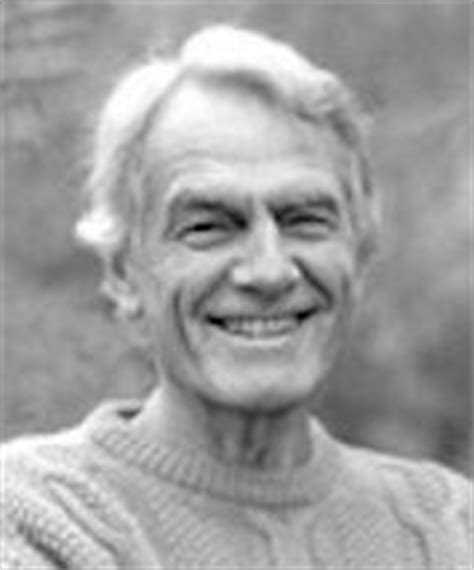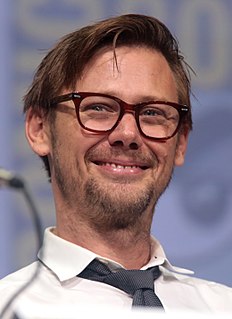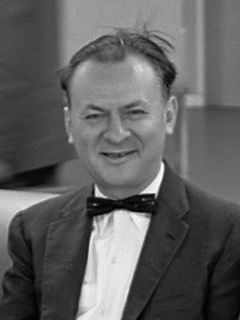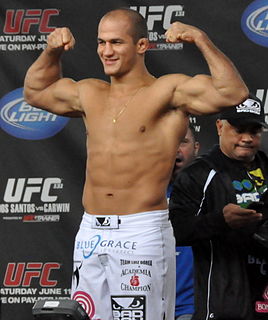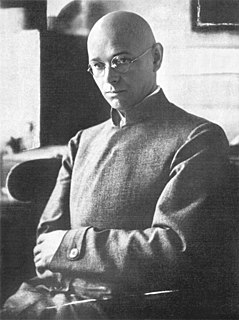A Quote by Philip Slater
A true community maximizes the potential of whatever human resources exist within it (by allowing for all possible combinations), while networks minimize such utilization, since it's limited by each individual's capacity to absorb unsettling stimuli (new combinations).
Related Quotes
Each new machine or technique, in a sense, changes all existing machines and techniques, by permitting us to put them together into new combinations. The number of possible combinations rises exponentially as the number of new machines or techniques rises arithmetically. Indeed, each new combination may, itself, be regarded as a new super-machine.
As Americans, we're raised with this idea of, 'We're number one.' As an individual, you absorb and you consume until you skyrocket to the top with your money and your whatever. That's not my philosophy. My philosophy is quite the opposite in that there's limited space, we have limited resources, and so it's not about the individual.
There is no such thing as a new idea. It is impossible. We simply take a lot of old ideas and put them into a sort of mental kaleidoscope. We give them a turn and they make new and curious combinations. We keep on turning and making new combinations indefinitely; but they are the same old pieces of colored glass that have been in use through all the ages.
One way to think about play, is as the process of finding new combinations for known things--combinations that may yield new formsof expression, new inventions, new discoveries, and new solutions....It's exactly what children's play seems to be about and explains why so many people have come to think that children's play is so important a part of childhood--and beyond.
I have a friend who swears by food combinations - have you heard of this nonsense? She's nuts. She's like, 'You know what? You should eat food combinations, and that way you can eat whatever you want. It's just the combinations of how you put the food together.' And then her examples are like, 'You wouldn't want to eat steak and potatoes together, but you could have, like, a lemon rind and raisin skins - not the whole raisin, take the skins and steam them.
Combinations have always been the most intriguing aspect of Chess. The masters look for them, the public applauds them, the critics praise them. It is because combinations are possible that Chess is more than a lifeless mathematical exercise. They are the poetry of the game; they are to Chess what melody is to music. They represent the triumph of mind over matter
Sometimes we drug ourselves with dreams of new ideasl The head will save us. The brain alone will set us free. But there are no new ideas waiting in the wings to save us as women, as human. There are only old and forgotten ones, new combinations, extrapolations and recognitions from within ourselves--along with the renewed courage to try them out.
I was forced to fall back upon the unsatisfactory conclusion, that while, beyond doubt, there are combinations of very simple natural objects which have the power of thus affecting us, still the analysis of this power lies among considerations beyond our depth. It was possible, I reflected, that a mere different arrangement of the particulars of the scene, of the details of the picture, would be sufficient to modify, or perhaps to annihilate its capacity for sorrowful impression.
